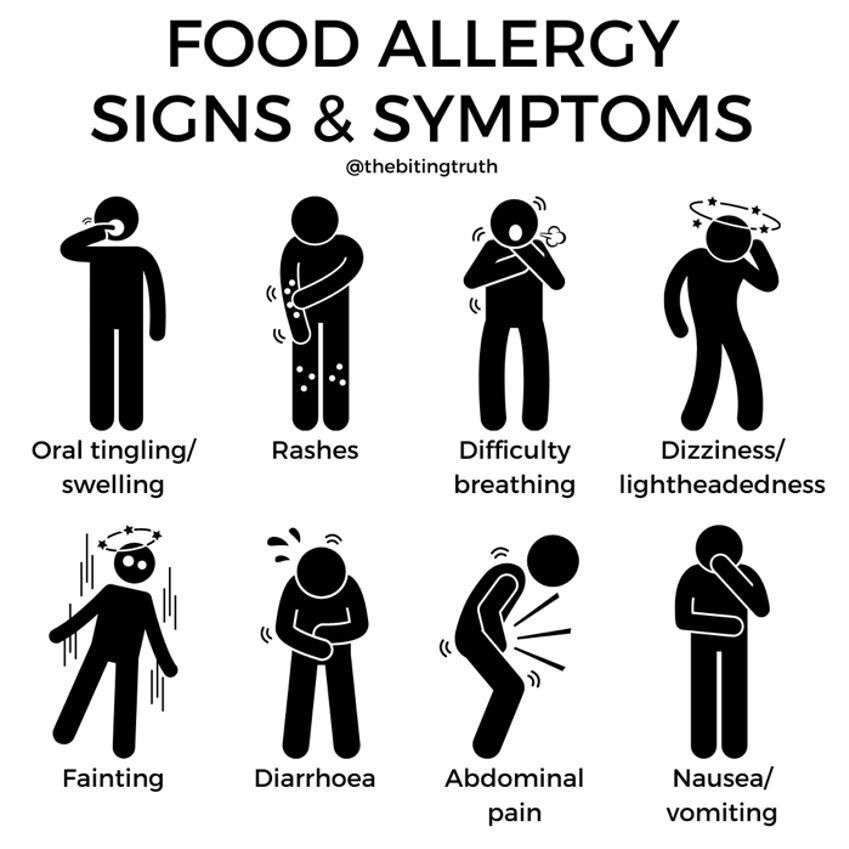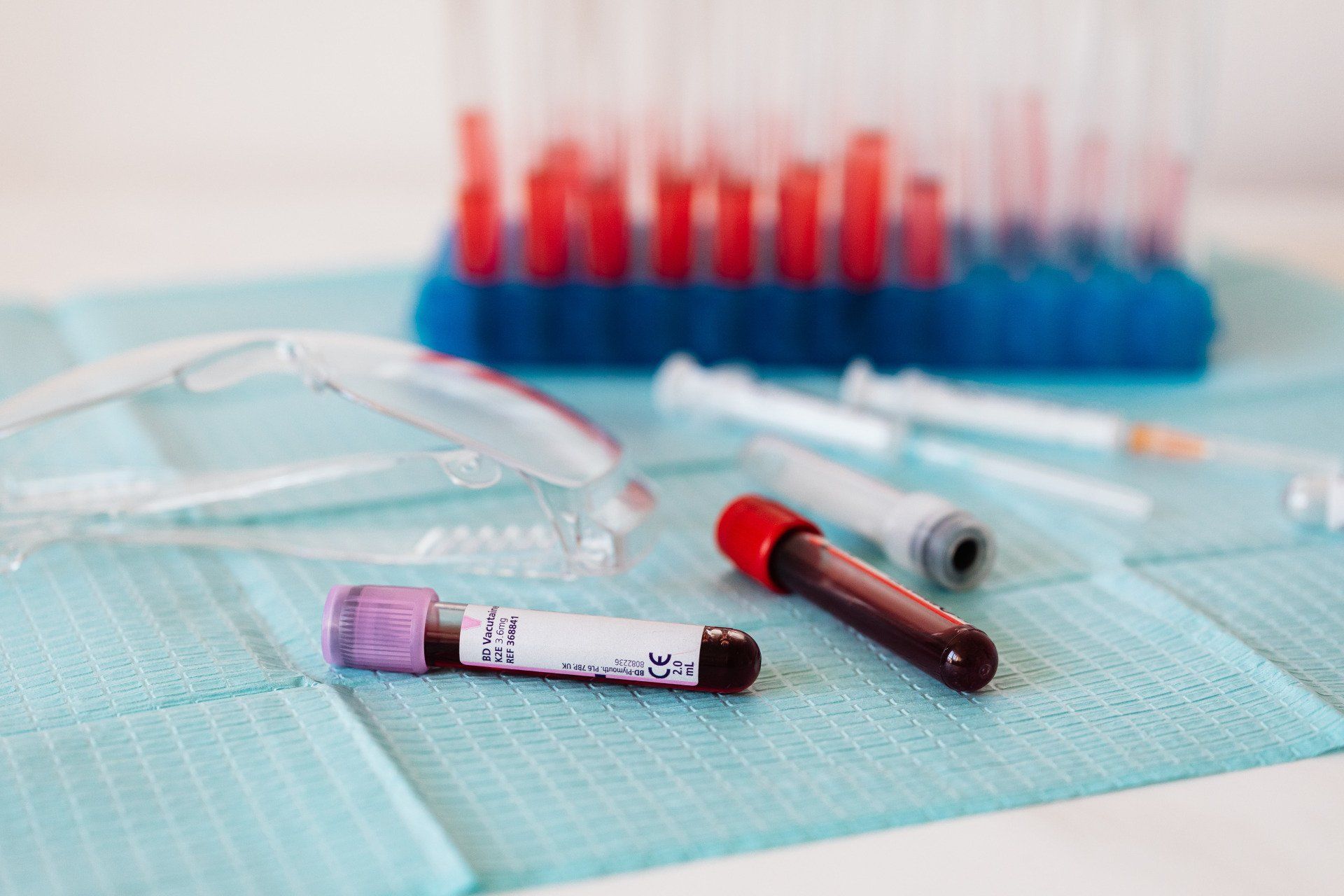Understanding the Three Types of Preventative Health Screening
The Importance of Preventative Health Screening

Introduction
In the realm of healthcare, preventative measures play a crucial role in maintaining optimal health and wellbeing. One such measure is preventative health screening, a process that helps identify potential health issues before they become serious problems. These screenings can be life-saving tools, as they allow for early detection and treatment of various diseases. But what exactly are the different types of screening? In this article, we delve into the three primary types: universal screening, selective screening, and opportunistic screening.
Universal Screening: A Broad Approach to Preventative Health
The first type of preventative health screening is universal screening. As the name suggests, this type of screening is applicable to everyone within a certain age group or demographic, regardless of their risk factors or symptoms. The goal here is to catch potential health issues that are common within that specific population.
For instance, mammograms for breast cancer detection are recommended for all women over 40 years old. Similarly, colonoscopies are advised for everyone over 50 as a preventative measure against colorectal cancer. These screenings are designed to detect early signs of these diseases even before symptoms appear.
Universal screenings are fundamental in public health strategies because they can help reduce the prevalence and impact of common diseases within specific populations. However, it's important to note that not every disease is suitable for universal screening; it's typically reserved for conditions where early detection can significantly improve outcomes.
Selective Screening: Targeted Preventative Health Measures
The second type of preventative health screening is selective or targeted screening. This approach focuses on individuals who have an increased risk of developing a particular disease due to their genetic history, lifestyle choices, environmental exposure or other specific risk factors.
For example, if someone has a family history of heart disease or high cholesterol levels, they may be advised to undergo regular cholesterol checks and heart function tests as part of their selective screenings. Similarly, those with a family history of certain types of cancer might be recommended for genetic testing to assess their risk.
Selective screenings allow healthcare providers to concentrate their resources on those most likely to develop a particular disease, making it a cost-effective method of early detection. However, it's crucial that these screenings are carried out ethically, ensuring that individuals are fully informed about the process and potential outcomes.
Opportunistic Screening: Capitalizing on Healthcare Interactions
The third type of preventative health screening is opportunistic screening. This approach takes advantage of a patient's interaction with the healthcare system for an unrelated issue to conduct additional screenings. For example, during a routine check-up, your doctor might recommend a blood pressure test or blood sugar level check.
Opportunistic screening can be particularly effective in catching health issues in individuals who might not regularly seek medical attention or participate in scheduled screenings. It also allows healthcare providers to identify and address multiple health concerns in one visit, enhancing the overall efficiency of the healthcare system.
However, like other types of screening, opportunistic screening should be conducted responsibly. Healthcare providers must ensure that any additional tests are relevant and beneficial to the patient's overall health status.
Conclusion: The Importance of Preventative Health Screening
In conclusion, universal, selective and opportunistic screenings each play a vital role in preventative health care. They provide an essential line of defense against various diseases by enabling early detection and treatment.
However, it's important to remember that while these screenings can help detect potential health issues, they are not foolproof and do not guarantee prevention. Regular check-ups with your healthcare provider combined with healthy lifestyle choices remain key components in maintaining good health.
Moreover, each type of preventative health screening has its pros and cons; understanding these can help you make informed decisions about your healthcare journey. Always consult with your healthcare provider about which screenings are most suitable for you based on your age, sex, family history and lifestyle factors. Remember, prevention is always better than cure.
Did you find our blog post useful? Follow us on Facebook and Instagram for more handy tips on medical testing and health conditions.
Our recent posts








